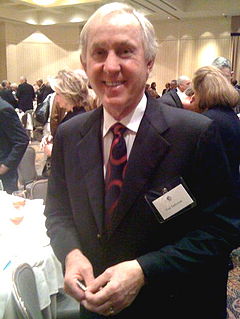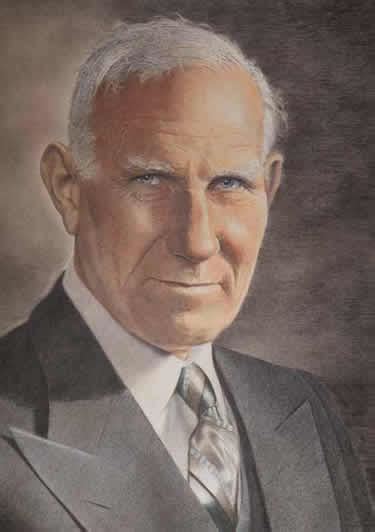A Quote by Lisa Su
Run toward the hardest problems. This approach has helped me to learn a tremendous amount from both success and failure.
Related Quotes
Nothing fails like success, because we do not learn anything from it. We only learn from failure, but we do not always learn the right things from failure. If there is a failure of expectations, that is, if the messages that we receive are not the same as those we expected, we can make three possible inferences.
It is in the whole process of meeting and solving problems that life has meaning. Problems are the cutting edge that distinguishes between success and failure. Problems call forth our courage and our wisdom; indeed, they create our courage and our wisdom. It is only because of problems that we grow mentally and spiritually. It is through the pain of confronting and resolving problems that we learn.
Kipling said that Success and Failure are both imposters, and we should all listen to Kipling, if only because none of us are likely to know anybody else named Rudyard. But having been bitten in my life by the jaws of both victory and defeat, I must rush to add that success is to failure as butter pecan ice cream is to death.



































